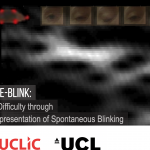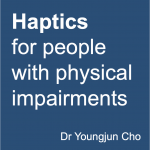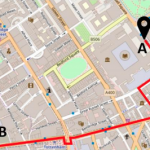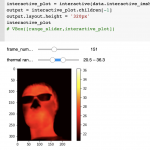
Source codes are available at https://github.com/deepneuroscience/Rethinking-Eye-blink. Rethinking Eye-blink: Assessing Task Difficulty through Physiological Representation of Spontaneous Blinking Abstract:Continuous assessment of task difficulty and mental workload is essential in improving the usability and accessibility of interactive systems. Eye tracking data has…



